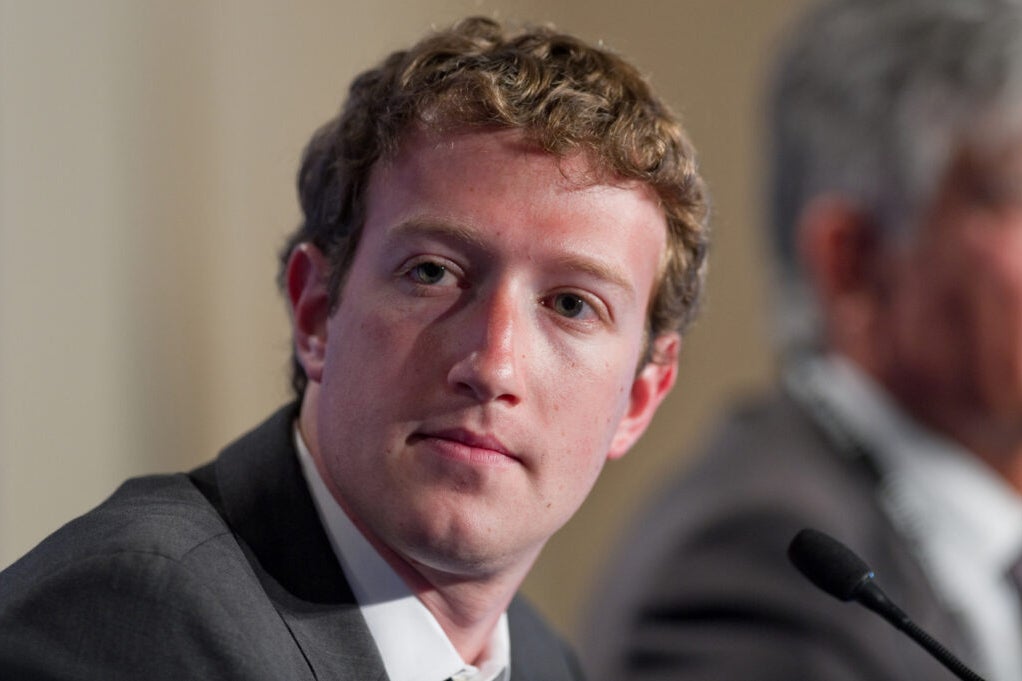Mark Zuckerberg says America’s edge in artificial intelligence could erode unless it matches China’s rapid build-out of data-center power and factory-scale hardware.
What Happened: Speaking on the Dwarkesh Podcast, the billionaire founder warned that “the U.S. really needs to focus on streamlining the ability to build data centers and produce energy. Otherwise, we’ll be at a significant disadvantage.”
Zuckerberg’s comments came during a comparison of Meta’s newly announced Llama 4 family with Huangzhou-based DeepSeek’s R1. This open-source model stunned researchers this spring by rivaling larger Western systems despite running on export-restricted chips.
See also: Elon Musk Says Will Come As A ‘Surprise To Most’ As China’s Economy Surpasses US And EU Amid Rising Tariffs And Growing Recession Fears
China, he noted, compensates for U.S. curbs on high-end Nvidia processors by pouring engineers into low-level code tweaks. “DeepSeek basically had to spend a bunch of their calories doing infrastructure optimizations that the American labs didn’t have to do,” he said.
Those workarounds produced strong text performance, but at a cost, Zuckerberg argued: R1 remains text-only, while Llama 4 is multimodal, handling images and voice. “We’re basically in the same ballpark on all the text stuff … but with a smaller model, so the cost-per-intelligence is lower,” he said. “On the multimodal side we’re effectively leading.”
Why It Matters: Zuckerberg’s comments highlight how Washington’s chip export controls are reshaping the AI race. While the rules slow Chinese access to cutting-edge silicon, they also spur aggressive investments in domestic power generation and cloud capacity — a drive Zuckerberg says U.S. regulators must match to keep pace.
Meanwhile, Bernstein analysts believe banning Nvidia Corp. NVDA chips won’t stop China’s artificial intelligence development, who suggest the export restrictions could instead strengthen the likes of Huawei Technologies. Huawei is expected to mass-ship its 910C AI chip as early as next month. According to Reuters, the chip matches Nvidia’s H100 performance by integrating two 910B processors into a single package.
Photo Courtesy: Frederic Legrand – COMEO on Shutterstock.com
Read next: Spotify Defends $11.99 Price Tag, But Executive Says Raising Prices Is Now ‘Part Of Our Toolbox’ — Can Music Escape The Inflation Gauntlet?

